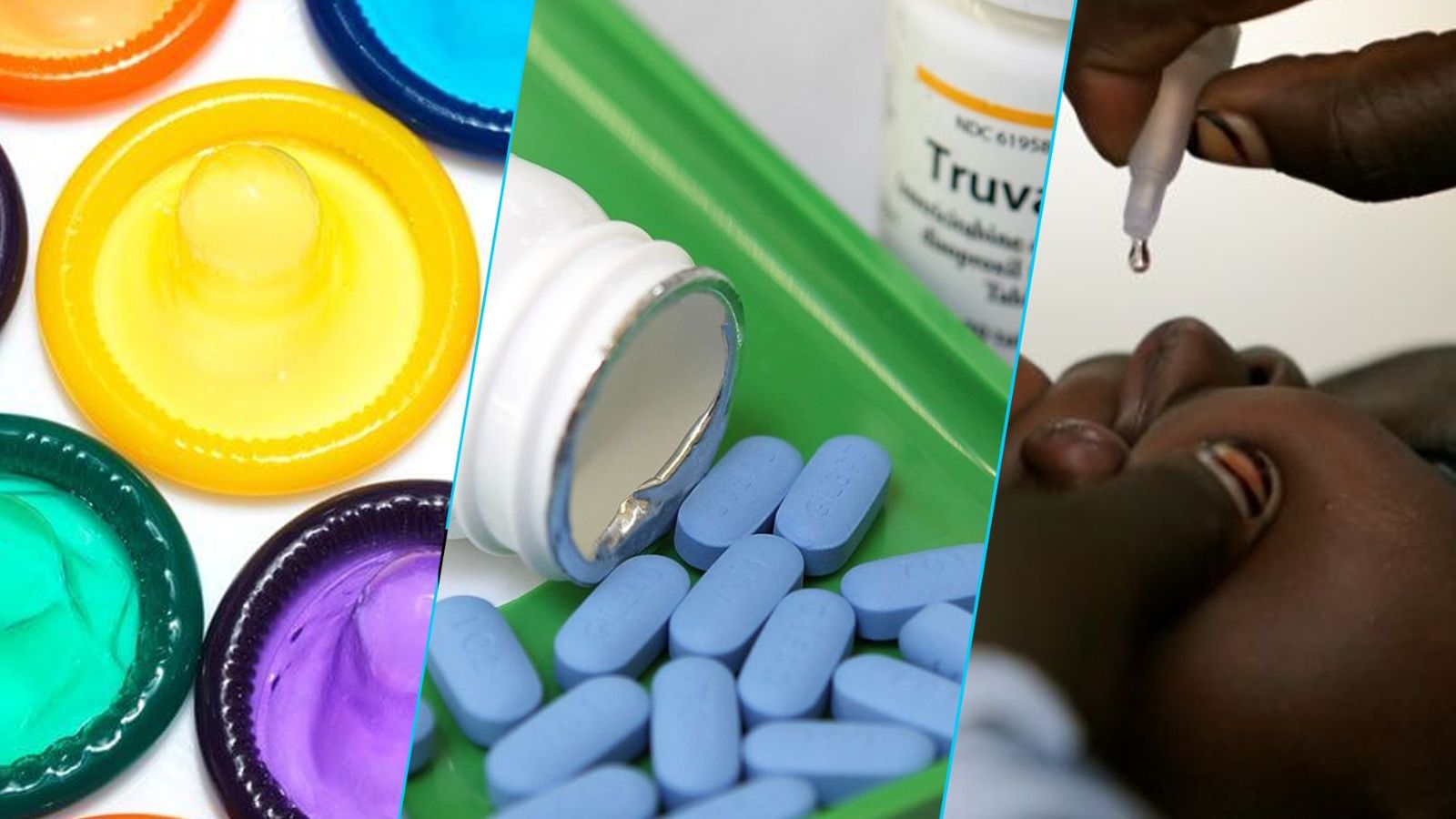The Ministry of Health (MoH) has assured Kenyans there is no shortage of Antiretroviral (ARV) drugs in the country.
On Wednesday, Kenya Medical Supplies Agency (KEMSA) CEO Waqo Erjesa confirmed that ARV supplies remain sufficient, promising consistent distribution to all clients.
Health Director-General Patrick Amoth also announced that Kenya expects 2.34 million Bacillus Calmette–Guérin (BCG) vaccines, which protect against Tuberculosis, by the end of January. Amoth emphasized the importance of documenting individuals who may miss out on the vaccine due to the current shortage.
"We are actively working on sustainable solutions to prevent future shortages," Amoth stated.
The announcement follows reports of a nationwide BCG vaccine deficit, with some counties experiencing partial or complete stockouts for over a month. This has heightened health risks for infants, leaving them vulnerable to Tuberculosis, a potentially life-threatening disease.
Data from the Ministry of Health highlights an increase in TB cases among children under 15, rising from 12% in 2023 to 13% in 2024. In 2023 alone, 139,000 people in Kenya developed TB, including 17,000 children.
Simultaneously, concerns over ARV shortages emerged amid reports of 16,752 new HIV infections in 2024, with 10,784 cases among women and 5,968 among men. The country also recorded 20,480 AIDS-related deaths last year, including 2,607 children.









